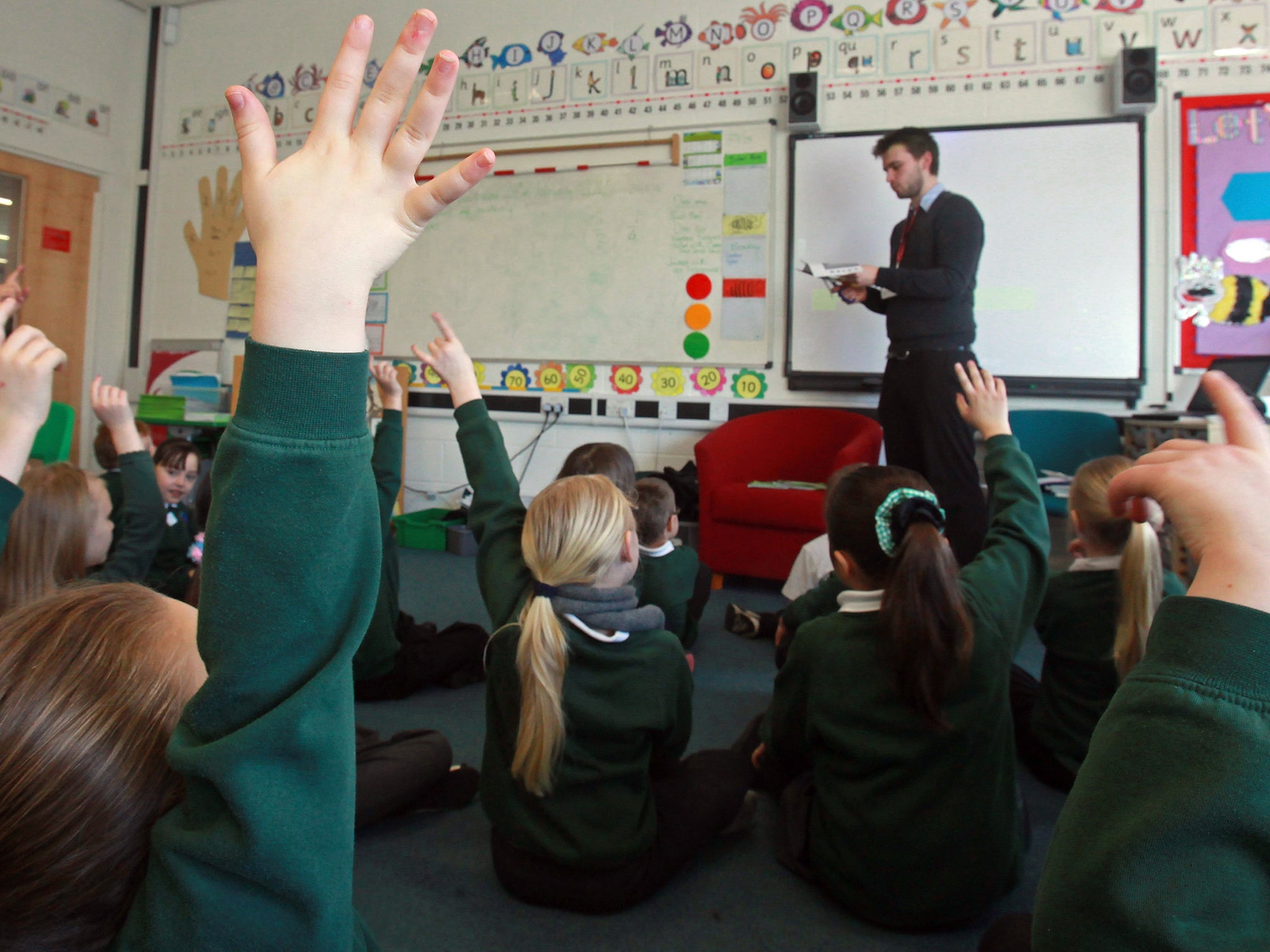You wouldn't give your child untested medicine, so why would you give them an untested education?
With the emergence of a new education organisation, it looks like we're finally starting to be grown up about how we teach our children

If you go to a doctor and he prescribes you a medicine there are two fundamental things you can take for granted: that it has been extensively tested to make sure it’s safe and has undergone clinical trials to make sure it works.
Over the last 50 years the scientific community has created a well-established procedure of peer reviewed and randomised control studies to ensure that new interventions are better than, or at least as good as, those previously available.
Without such evidence, new drugs are not licenced and new treatments not sanctioned by the NHS.
Now compare this to the world of education. Every year hundreds of thousands of parents send their children to school for an education devised with little more than supposition, anecdote and sometimes political prejudice.
From how children are taught to read and write, to the debate over grammar schools versus comprehensives, or innovations such as teaching assistants, reliable evidence has rarely featured in education policy.
Children growing up today are taught in a completely different way from their parents (and again from their grandparents). But unlike medicine there is very little quantifiable evidence to tell whether education today is any better or worse.
Finally, though, that is beginning to change. In 2011 the Government began funding an organisation called the Education Endowment Foundation (EFE) in an attempt to bring some of the academic rigour of medicine to teaching.
And three years on it is beginning to come up with tested results – some of which are surprising and some of which overturn years of orthodoxy.
Take for example setting and streaming according to ability. The EEF research suggests that while ability grouping may benefit higher attaining pupils it is detrimental to the learning of mid-range and lower attaining learners. On average, studies show that higher attaining learners make between one and two additional months’ progress when set or streamed compared to when taught in mixed ability groups.
But this is more than outweighed by the longer term negative effect of streaming on the attitudes and engagement of middle- to low-attaining pupils, which the research concluded damages confidence and discourages the belief attainment can be improved through effort.
Or take the introduction of teaching assistants – pushed and lauded by the last Labour Government. In fact, despite the cost, evidence suggests classrooms where teaching assistants provide support do not outperform those in one where only a teacher is present.
Not only that but children with special educational needs who are supported by a teaching assistant often get less attention from the lead teacher and can achieve less as a result.
Those are just two examples but the EEF has now analysed evidence covering over 30 teaching methods, innovations and extra-curricular add-ons to speed up learning and has created a tool-kit for schools that allows head teachers to assess the evidence.
There is still a long way to go. And the research is not so blunt as to say, for example, that there should be no teaching assistants and no streaming. But it does question – and will provide evidence for – how schools should use these interventions effectively.
Such rigour is long overdue. And it should mean that next generation is not only healthier but better educated that their parents.

Join our commenting forum
Join thought-provoking conversations, follow other Independent readers and see their replies